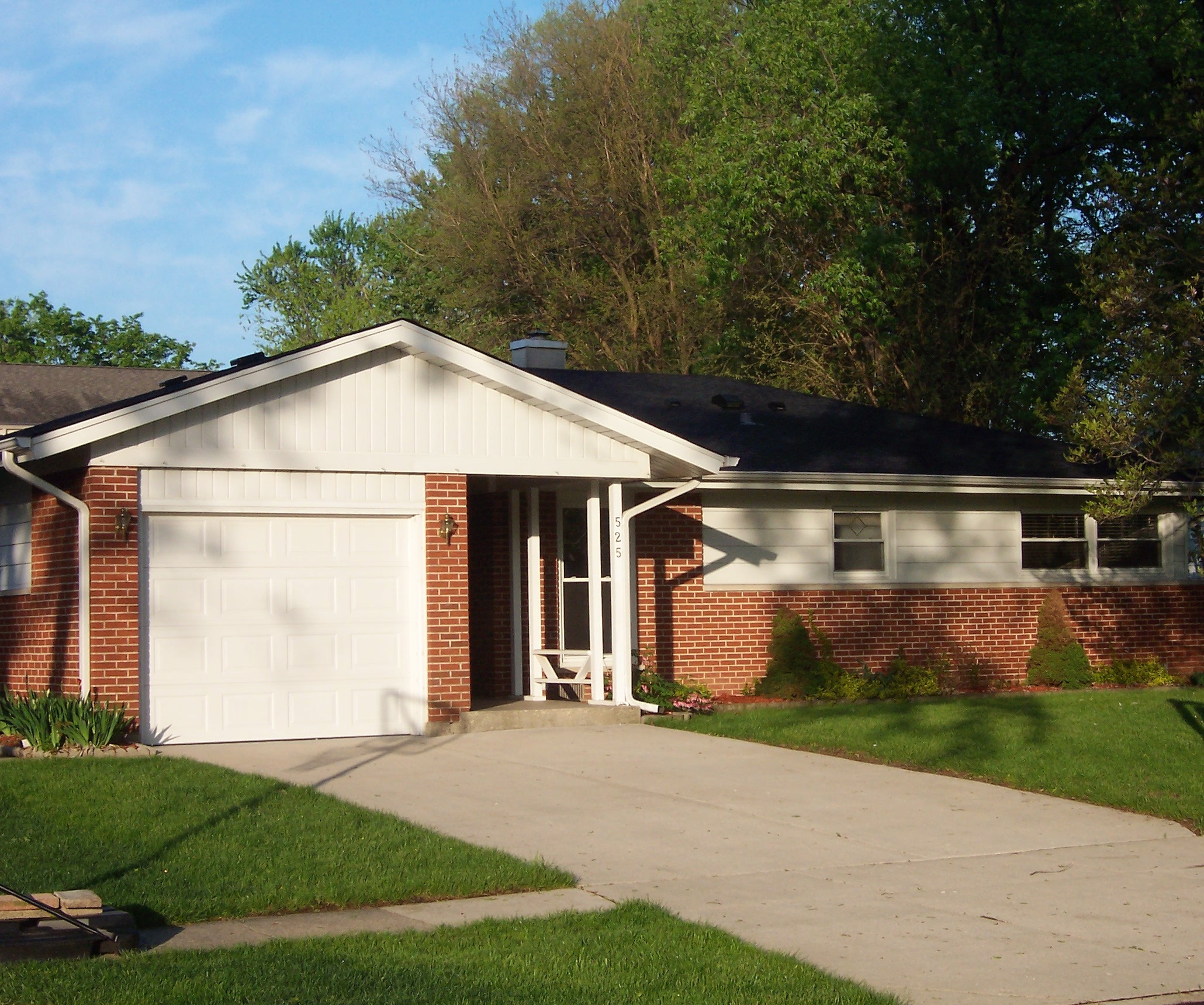Experienced property owners are well aware that challenges and difficulties are inherent in the role of being a landlord. Among these, problem tenants often top the list. While eviction remains a viable option for severe cases in Illinois, it is a time-consuming and costly process. Therefore, it is advisable to explore alternative approaches for resolving issues with troublesome tenants. Presented below are five strategies for effectively handling difficult tenants in Illinois, thereby mitigating the need for eviction proceedings.
1. Tenants Who Won’t Pay
A common category of bad tenants in Illinois is those who just won’t pay their rent. And this, of course, will adversely affect your cash flow.
It is important to be mindful that tenants may not pay rent for various reasons, and this is often not due to malicious intent or an attempt to deceive the landlord. Industry experts acknowledge that tenants may withhold rent due to factors such as financial constraints or temporary unemployment, as well as disputes regarding repairs and maintenance. In dealing with this issue, effective communication is crucial, and it is important to grasp the tenant’s perspective and the specific nature of the problem in order to explore potential negotiation options, if feasible.
As a landlord, there are several potential solutions available to address this issue. The most optimal approach is to establish a structured payment arrangement that allows tenants to conveniently fulfil their payment obligations. For instance, if tenants encounter financial difficulties, you may consider implementing…
- Implement “a policy of accepting a partial payment from a resident once per year”
- “[P]rorate the late fees and delinquent rent over the remainder of the tenant’s lease”
- Allow weekly partial payments instead of larger monthly payments
- Apply the security deposit to the delinquent rent payments
An alternative solution is to modify the living arrangements of the tenants. In cases where a tenant is unable to afford the current rent, landlords have the ability to facilitate the arrangement of roommates or relocate them to smaller, more affordable units.
2. Tenants Having Problems With Other Tenants
And then there are those who are bad tenants in Illinois because they are too loud or just obnoxious. Despite your best screening efforts, this kind of tenant can still slip through and can problems for you and other tenants.
To effectively address a problematic tenant, it is recommended to promote and empower tenants to independently resolve issues. Incorporating a clause into the lease agreement that emphasizes the tenants’ responsibility to amicably settle disputes without external intervention is advised. It is essential to mention that if necessary, intervening in such matters may result in an outcome that might not entirely satisfy one party, potentially leading to their departure from the property.
In the event that intervention is required, it may be necessary to consider mediation. It is important to calmly communicate the potential consequences in order to facilitate resolution. Ultimately, it is crucial for residents to comprehend that they are the ones primarily affected. Additionally, it is imperative to include property regulations, rules, and stringent clauses pertaining to these disputes in any lease or rental agreement.
3. Tenants Who Pay Late
Some tenants do pay, but they always pay late – not withholding payment, but just late. In dealing with these bad tenants in Illinois, it’s wise to keep in mind that the reason for late rent payments may be fairly innocent, something like mere forgetfulness.
It would be beneficial to arrange meetings with these tenants in order to address their recurring issues with late rent payments. During these meetings, it would be advisable to delve into their respective situations and gain an understanding of the underlying reasons behind the consistent tardiness in rent submission. Additionally, one can consider implementing measures such as the waiver of late fees and penalties in cases where the tenant commits to fully compensating any outstanding rent payments. Sending out regular payment reminders can also prove to be an effective strategy, albeit requiring additional effort and time, which can help alleviate the issue at hand.
4. Don’t Renew the Lease
When the methods outlined above for dealing with bad tenants in Illinois don’t produce results, you still may not have to resort to eviction.
One possible course of action available to you at this juncture is to exercise your right to decline the renewal of the lease. However, it is important to note that this approach may not yield immediate results and it is imperative to familiarize yourself with the relevant legal statutes pertaining to tenant protection before proceeding. Generally, you can notify your tenant through a written correspondence indicating that their lease will not be extended upon expiration. It may be necessary to adhere to a specific notice period of 30, 60, or 90 days, depending on the specific regulations in your state and local area.
5. Consider a “Cash for Keys” Agreement
Another last-resort solution, short of eviction, for dealing with bad tenants in Illinois is the “cash for keys” agreement. It will cost you, but it will also get a bad tenant out of your hair and solve the problem. A cash for keys agreement refers to a legally enforceable contract that entails compensating a tenant with a one-time payment in exchange for the termination of their lease agreement and their subsequent departure from the property.
However, you may be questioning the rationale behind compensating a troublesome tenant to vacate your premises. This approach is justified primarily due to its favorable economic implications.
Evicting a tenant can be a costly and time-consuming process, amounting to approximately $5,000 and taking several months. However, you have the option to expedite the removal of an undesirable tenant by offering them $1,000 to vacate the premises within a week. By doing so, you can significantly reduce expenses and swiftly begin leasing your property to a more suitable tenant.
But Be Careful . . .
When addressing problematic tenants, it is essential to be well-informed about the legal repercussions and consequences of your chosen approach. Tenant-protection laws have expanded significantly in recent years, encompassing a broader range of regulations. To ensure a thorough understanding of your rights and limitations as a landlord, it is advisable to seek guidance from a seasoned Illinois investor. For expert assistance in handling difficult tenants in Illinois, please do not hesitate to contact us at 312-818-4472.

